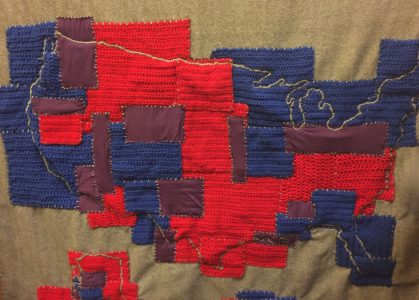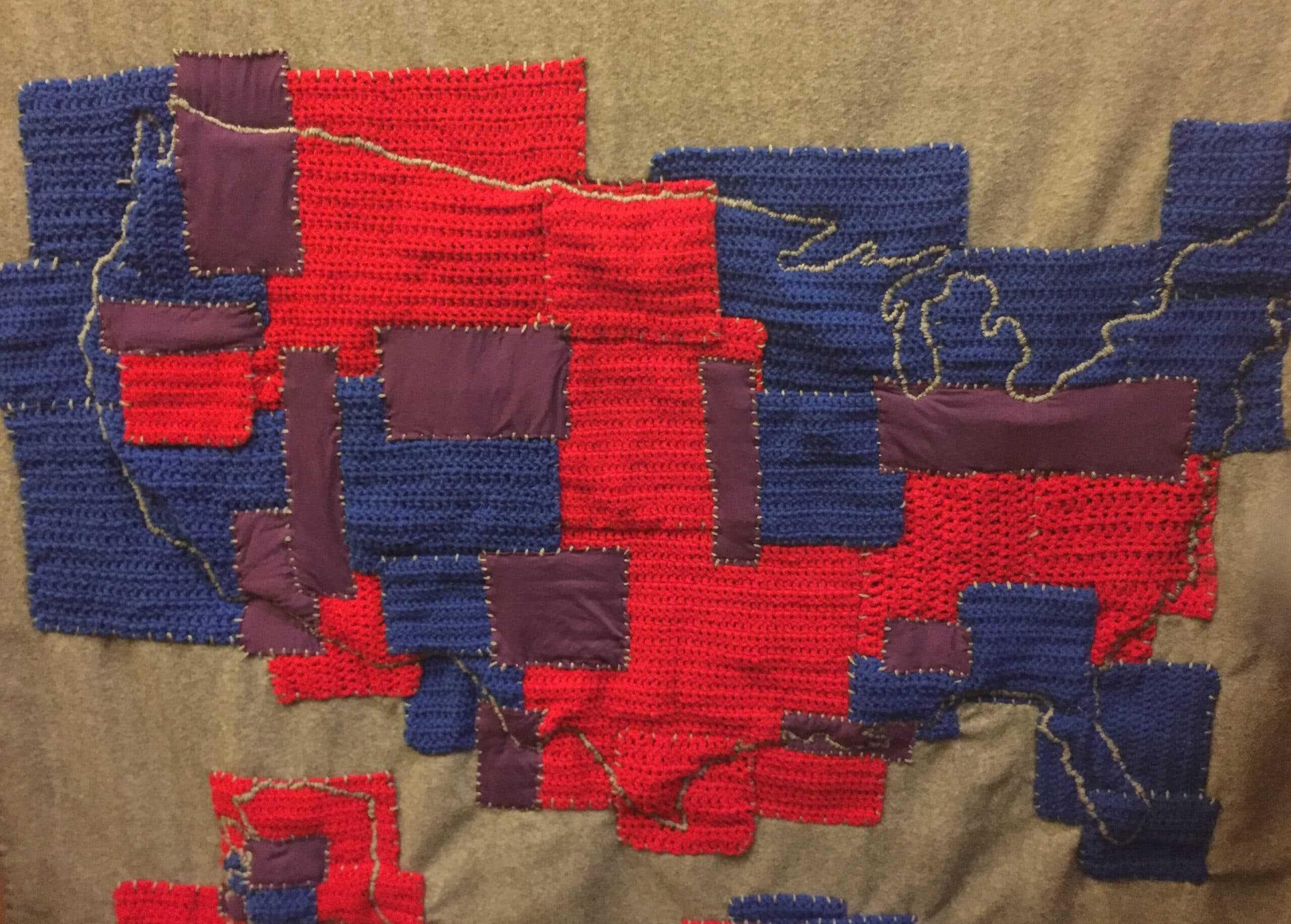By Brooke Moody–
Millennial eligible voters now match Baby Boomers in number, a statistic that could have significant impact at the polls on Nov. 8. That is, if Millennials make it to the polls.
According to research conducted by the Pew Research Center, 69.2 million Millennials are of voting age compared to 69.7 million Baby Boomers. But the current trends don’t indicate equivalent representation at the polls. In the past three presidential election cycles 71 percent of Baby Boomers said they voted. Only 47 percent of Millennials said they voted.
The divided lines between parties is deep in this election. Both major party candidates are shrouded with scandal and controversy while their respective political parties support platforms at extremes.
At the same time, American values seem to be less polarized. Tools such as social media have created an atmosphere for open discussion. Research by Seth Hill and Chris Tausanovitch published in the Journal of Politics indicated that Americans are less polarized and more widely accept lifestyles and perspectives that contrast their own.
And the biggest adopters of social media and open thinking are the younger generations.
“We are more willing to talk about things and be collaborative, even if we are strongly liberal or conservative,” Lexie Doerr said. “We realize that compromise has not been present in any part of politics. Even though we are strongly rooted in what we believe, we are more willing to talk about things, which is the first step to what has been missing.”
Doerr, a student at Northern State University in South Dakota, studies art and graphic design, while also pursuing political activism. Her two interests, art and politics, aligned in a project she presented at the National Collegiate Honors Conference.
The project, entitled Stitched Apart, details the history of activism through the arts while depicting polarization of American politics. Doerr investigated the representation of American’s as either red or blue, ultimately determining that American values are not as polarized as their political representations. Her conclusions aligned with the research results of Hill and Tausanovitch.

Stitched Apart by Alexis Doerr, NSU, represents the relationship between political polarization in America and American values.
“I feel the millennial vote is more important than it ever has been because of the conversation it has started,” Doerr said. “It is starting to draw attention because we are registering in larger numbers than ever before. We are becoming more active and self-educated.”
Findings by the Pew Research Center indicate that Millennials are more detached from major institutions, such as the political parties, are more ethnically diverse and are obtaining more higher education than their grandparents in the Baby Boomer generation.
These traits could have a have huge impact on the outcome of the presidential election, but only if Millennials vote. What is an otherwise drama-filled, extremism-lead election could be re-fixed to the core issues of policy if the predominantly nonpartisan, ethnically representative, younger generation votes in November.
“If you have an idea, make it known because not voting is you not having that change and that say,” Doerr said. “And even so, the dialogue you start in your community about why you voted in that way starts and spurs something else. It’s not just the election that is at stake, it is the other conversations you can start outside of the election polls.”
Photo by Brooke Moody / The Louisville Cardinal




